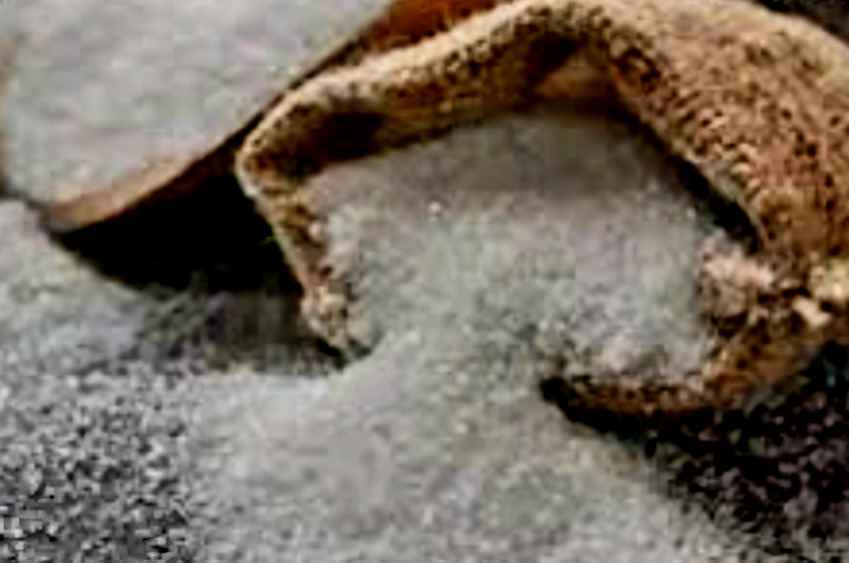
Sugar importers have urged President and Finance Minister Anura Kumara Dissanayake not to increase the existing sugar import tax, warning that it would lead to a steep rise in prices and cause serious disruptions in the market.
An importer said that currently, the tax on imported sugar stands at Rs. 50 per kilo — a rate that was originally imposed during the previous Government. Before that, the tax had been as low as 25 cents per kilo. According to industry sources, Sri Lanka imports about 60,000 metric tonnes (MT) of sugar every month, generating around Rs. 3 billion in Government revenue through the existing tax.
They claimed that the current tax rate was introduced to protect local sugar manufacturing companies like Pelawatte and Sewanagala. However, they said that a few large-scale importers who currently hold about 60,000 MTs of sugar in storage are now lobbying the Government—through intermediaries—to raise the tax further, from Rs. 50 to Rs. 80 per kilo.
If the tax is raised by Rs. 30, they said that those holding the existing stock will gain an additional Rs. 1.8 billion in profit without any added cost. However, small and medium-scale importers, who have already run out of stock and are waiting for new shipments, said that they would be placed at a serious disadvantage, as they cannot match the pricing tactics of larger players who have the capacity to store massive volumes.
They added that consumers would also have to bear the cost of any tax hike, with prices of everyday items such as tea, bakery products, sweets, and beverages likely to go up. Importers said that the current Rs. 50 tax is already high by global standards, and an increase at this point would create artificial shortages, distort the market, and put unnecessary pressure on the public.
Speaking further, importers said that the locally produced sugar is brown sugar, which is not refined and therefore unsuitable for use in industries such as confectionery, beverages, and bakery. The public should also be aware that local production accounts for only about 10% of the country’s total sugar requirement.



